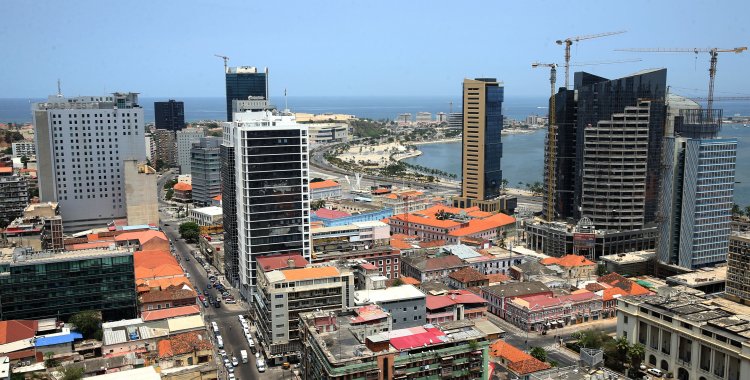"High oil prices were a boost to the economy, pushing the current account into a large surplus and supporting the evolution of the kwanza, but the 'push' given by oil has started to fade, and this trend is expected to continue at the beginning of this year", write the analysts in the forecast for the year for the largest economies in sub-Saharan Africa, noting that the possible recession in the most advanced economies should slow down global demand.
In the analysis note, sent to customers and to which Lusa had access, analysts from this British consultancy say that "after the rise in GDP in 2022 [probably to above 3 percent], the economy should grow by just 0.5 per cent percent and 1.3 percent this and next year, which is well below the consensus average" of the other consultants, who point to growth around 3 percent, and compares with the 3.3 percent estimated by the Government in the State Budget for this year.
Oil production, they add, "should continue to fall, partly due to cuts in OPEC+ quotas, as well as the lack of investment, which should imply more difficulties in increasing gas production".
Lower revenues, after a significant increase due to high oil prices following Russia's invasion of Ukraine, "mean that the slowdown in fiscal consolidation should only be modest, the kwanza should hold up and the public debt ratio against to GDP is expected to continue the dramatic decline".
The ratio has improved significantly in recent quarters, not only because of the exit from the recession, but also because of the appreciation of the kwanza against the dollar, which means that this indicator, closely followed by international investors and multilateral financial institutions as an indicator of payment capacity of financial commitments, will improve this and next year.
Capital Economics predicts that the debt-to-GDP ratio will drop from 86.4 percent in 2021 to 57 percent in 2022 and 45.8 percent this year, reaching 40 percent by 2024, less than half the ratio recorded in 2021 and comfortably below the 60 percent threshold considered as the threshold for African countries, perceived as having the highest risk.
Still, the cost of debt is expected to account for more than half of tax revenues and economic diversification will continue to be delayed or implemented very smoothly.
"We anticipate that the Government of João Lourenço will continue with the privatization and diversification efforts, but progress will remain marginal and will be dependent on the energy sector", conclude the analysts.







